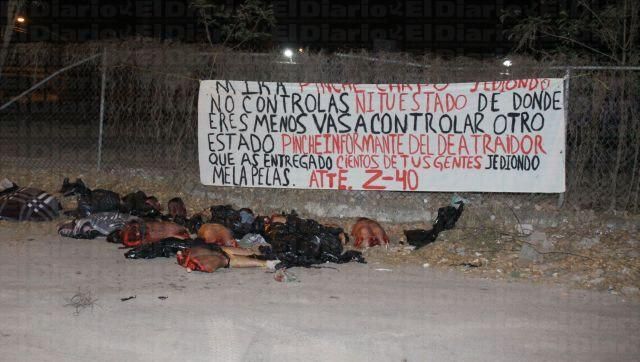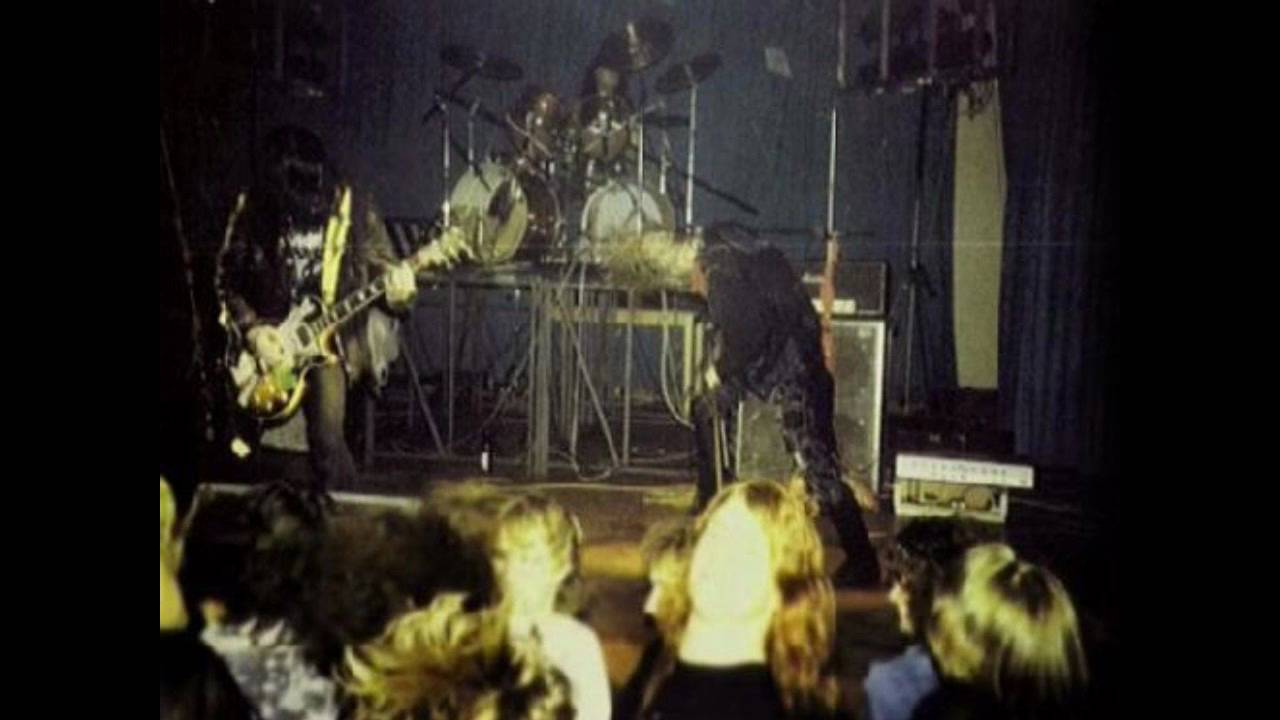https://www.youtube.com/watch?v=GT7vohQtmIE
Corridos are a genre of Mexican music, they are usually upbeat and involve the accordion, several types of guitar, bass, and the “tarola” (snare drum). They have been one of the primary ways Mexico has related its story, people know more about Mexico’s history from “corridos” than from books. There is a very famous corrido for example that is called “Adelita” that relates the story about a real revolutionary woman that fought and became famous. In recent years however, and with the rise of drug trafficking, “Narco-Corridos” have become very popular. They usually praise high-ranked drug lords or “Capos” that rule certain regions or Cartels of Mexico. Mexico’s drug map is divided into several (around 5) parts with many sub-parts. These regions, are dominated by Cartels that control almost every illicit activity that happens. They control people as high as the President, government officials, federal law enforcement officials, municipal police (most famous for its corruption), and street thugs. Cartels hire (or force) certain musical groups to arrange a corrido for them, and it is a death sentence if such group or artist decides to sing for another cartel. One of the most successful groups in the history of corridos is “Tucanes de Tijuana” (our southern neighbor city) who started singing regular love and story corridos but then became very popular for their narco corridos. The “Tucanes de Tijuana” a couple of years ago were threatened by rival cartels and from the very same Tijuana cartel because they decided to sing for another cartel and now even though their name says “Tucanes FROM Tijuana” it is very dangerous for them to step into Tijuana. Corridos have this very eloquent, sometimes funny, and sometimes aggressive, way of turning crime and criminals into a form of art. Many Mexicans disagree with such music because they believe that it is encouraging young people to form part of a cartel or commit certain crimes. My sister works for the “El Latino” newspaper here in San Diego, and she was present at an event that the “Tucanes de Tijuana” were sponsoring and she says that a lady in the audience asked the leader why they performed narco corridos if they knew they only praised drug lords and taught young people to praise them and try to be like them too, my sister says that the leader of the group simply responded “We are entertainers and we just provide that, and an art form, it is the parents’ and teachers’ job, to educate children, we are just here to entertain just like movies do the same thing”. Both sides of the argument make sense, so it is up to the audience what it decides to do with such art form. Note: The video attached is real footage from the apprehension of a very notable drug lord of the Arellano-Felix or Tijuana Cartel named Marco Antonio Garcia Simental also known as “El Cris or ‘8-9′”, the song in the background “El 8-9” by “Explocion Norteña” relates the story of such video and was very popular several years ago. “El Cris” was surprised in his house in eastern TIjuana in June 22nd, 2004. He got into an armored car, but was intercepted by members of a special operation group under the AFI (Agencia Federal de Investigaciones, similar to FBI). An officer was killed and another wounded. In his home agents found grenades, many weapons ranging from small to a .50 machine gun.








I have to agree with the artist’s statement that “it is the parents’ and teachers’ job, to educate children, we are just here to entertain just like movies do the same thing”. As someone who grew up listening to corridos/narco-corridos and enjoys the music, I turned out to be just fine. My parents allowed me to listen to this genre of music but taught me that drugs and violence are never okay. Music is a form of art and serves as entertainment for many like me. I don’t necessarily think they are promoting violence and crime but doing their job in creating music for their fans and catering to what they like. There are also many corridos that DO NOT promote drugs, violence, crime, etc., and tell interesting and true stories of the barriers people face growing up in poverty, as immigrants, corruption etc. The history of corridos is much deeper than the negative influence it carries in recent history. They originate long enough from Mexican revolutionists who wrote poems and turned them into music about their lived experiences at that time. Although, I recognize my response may be biased as a consumer of corridos, it is important for one to know its origin and understand the history of it before one can make a judgment on whether they are harmful or not.